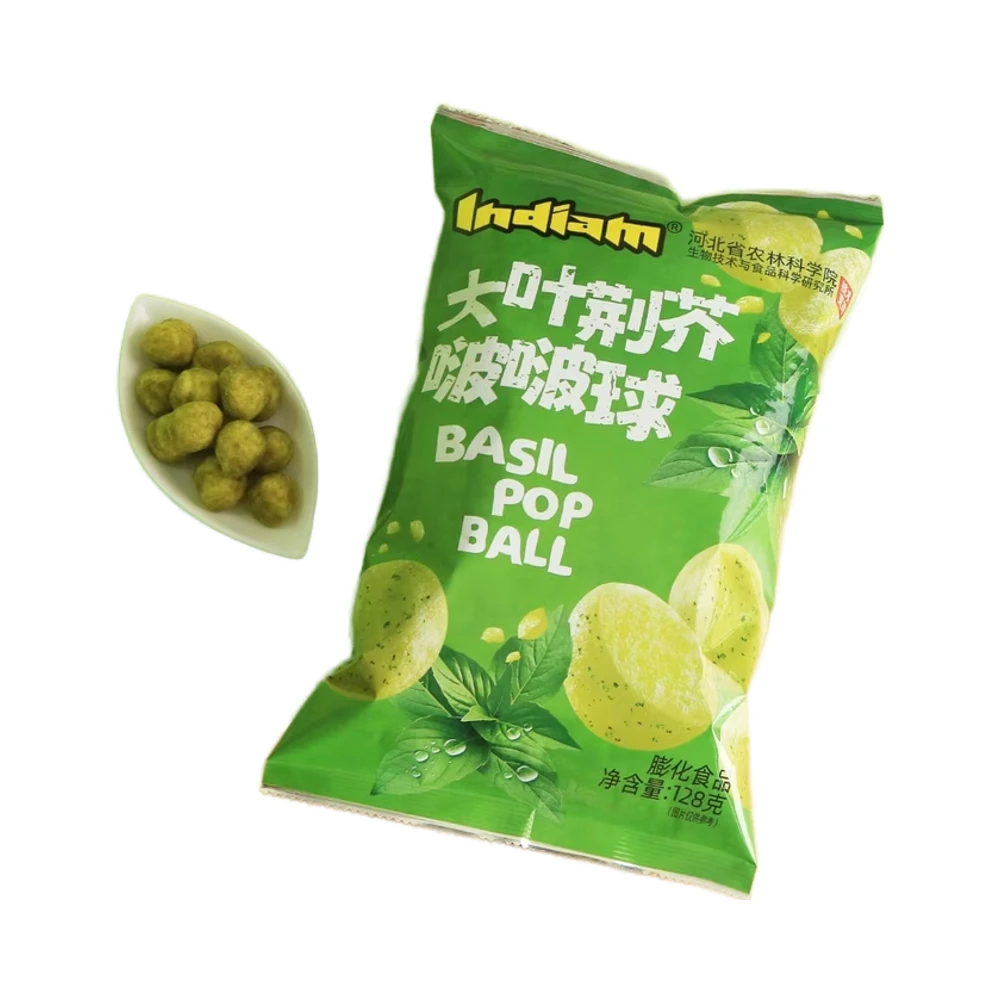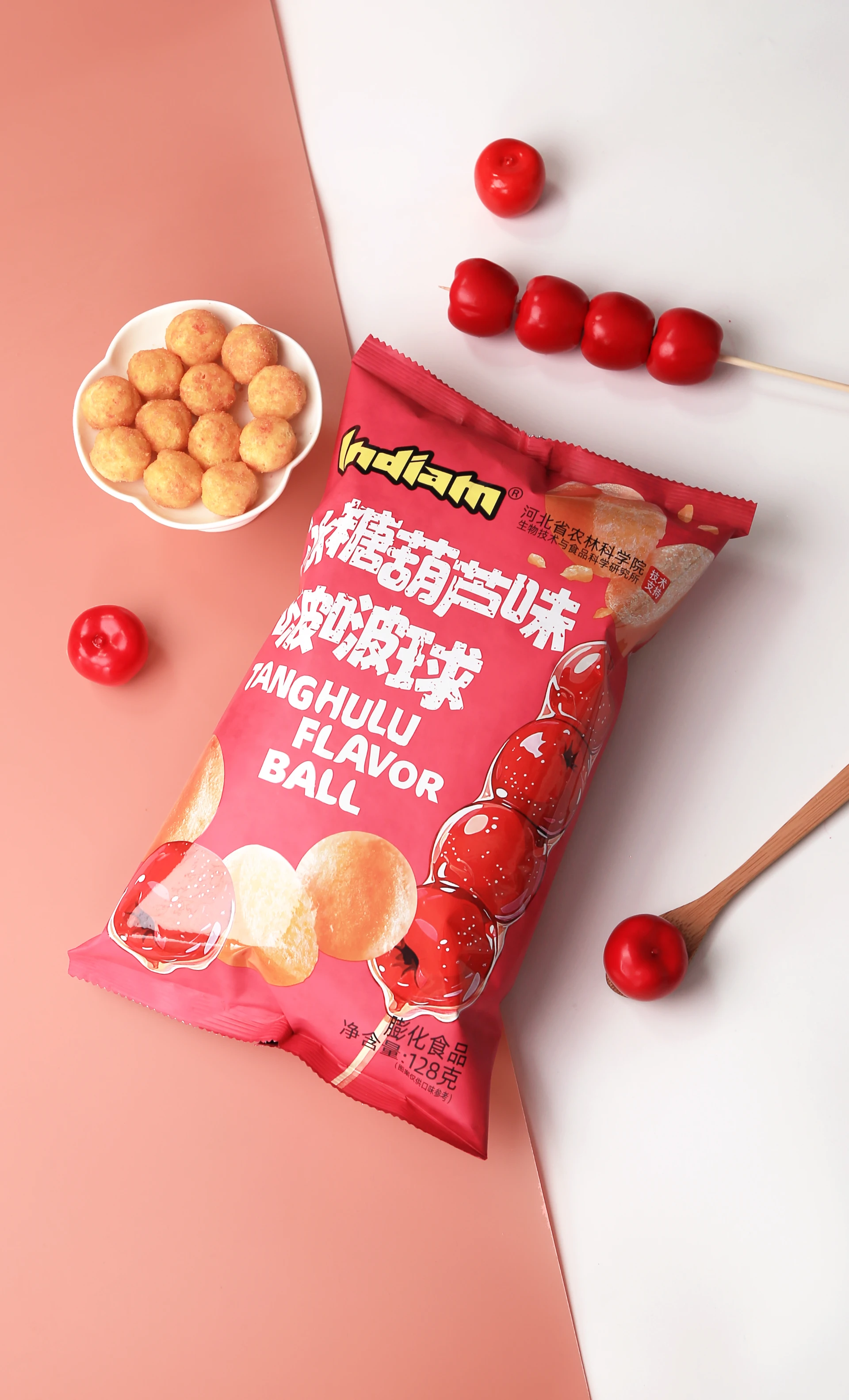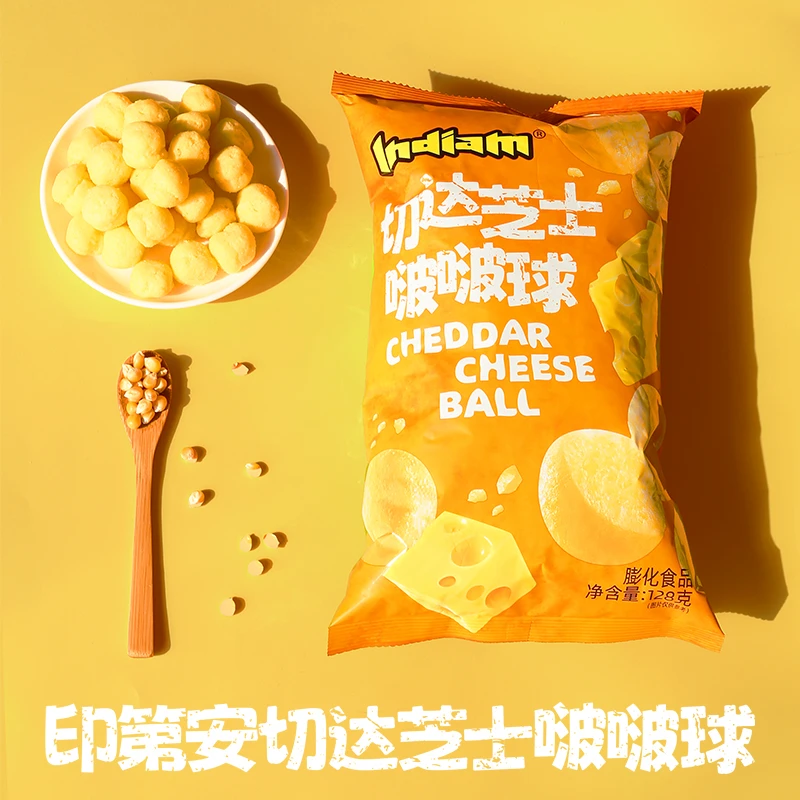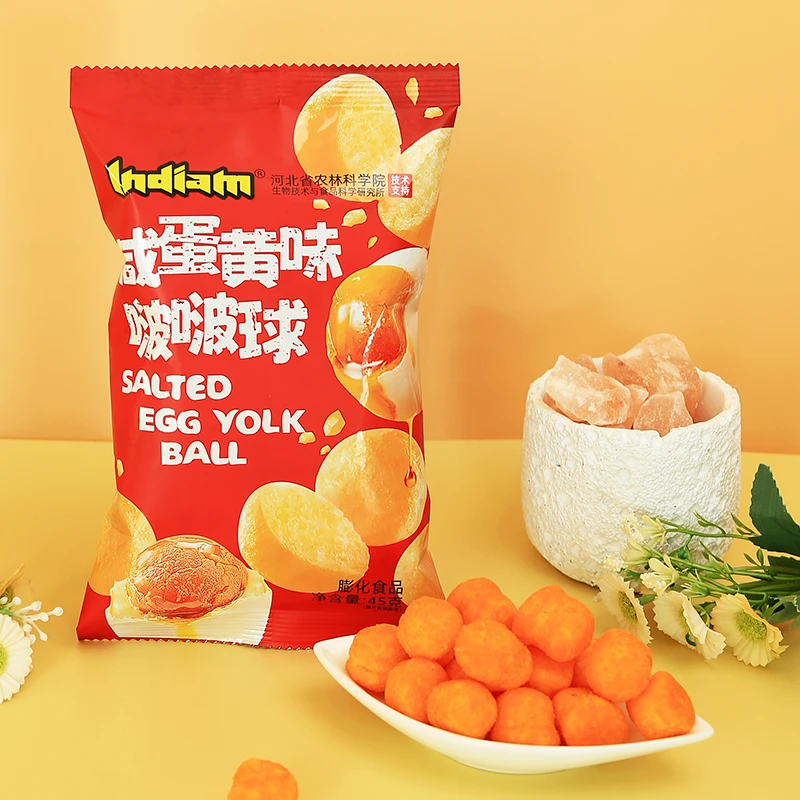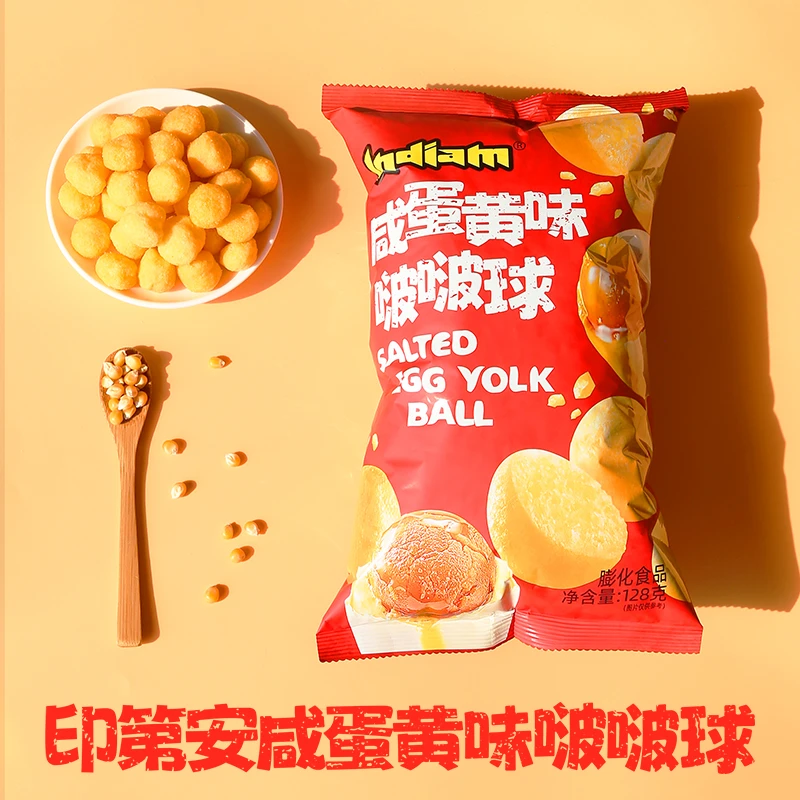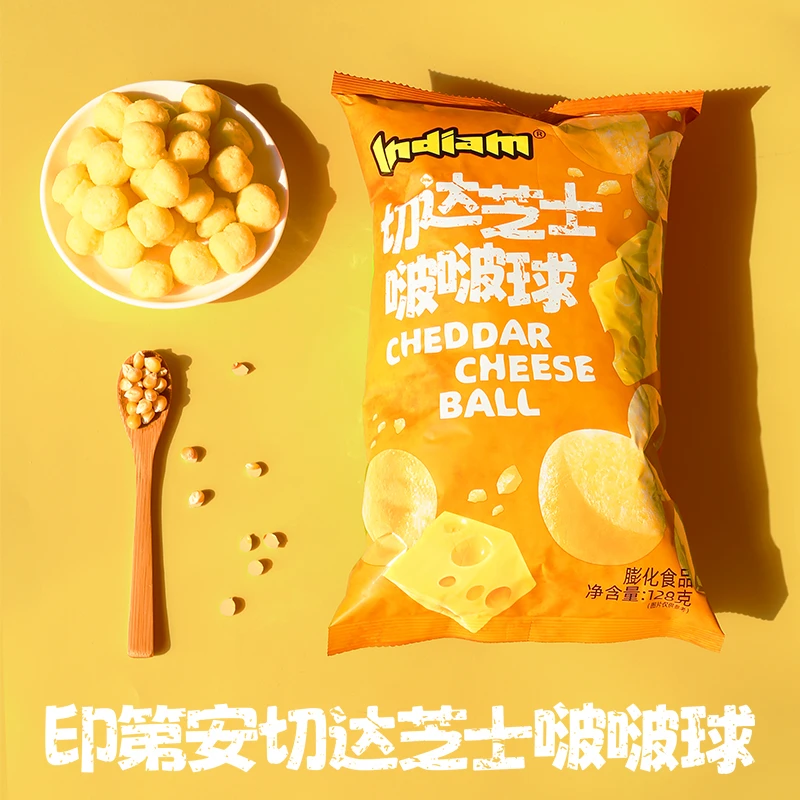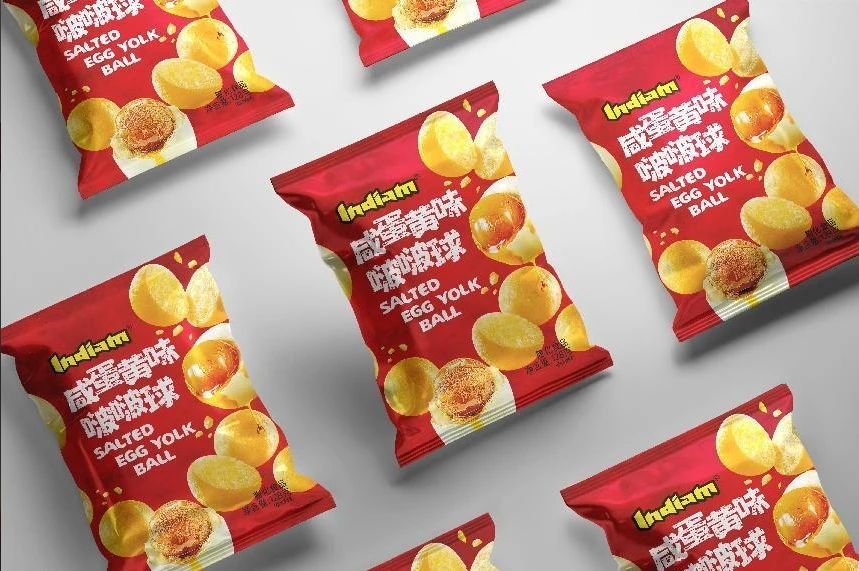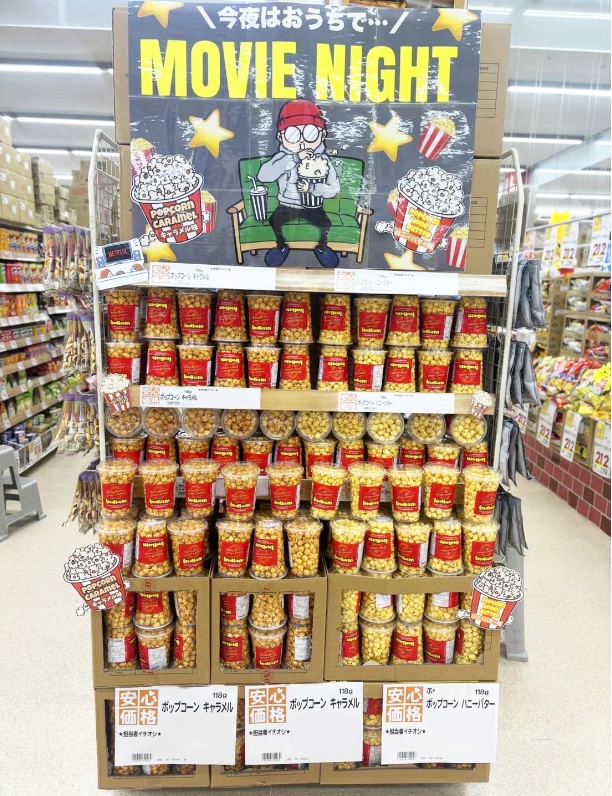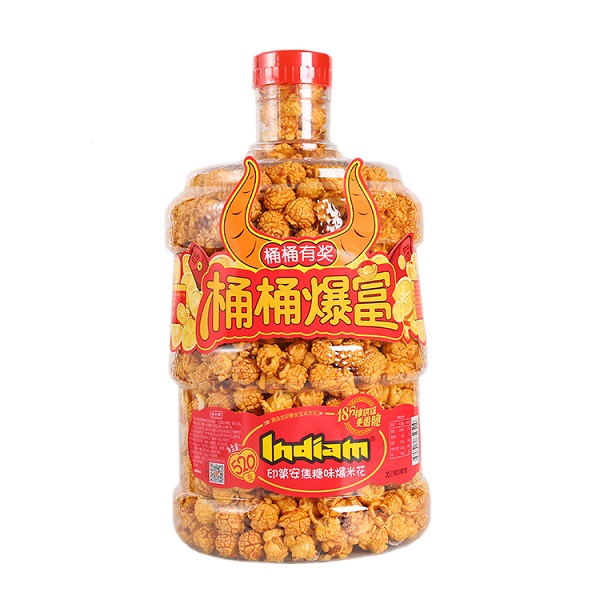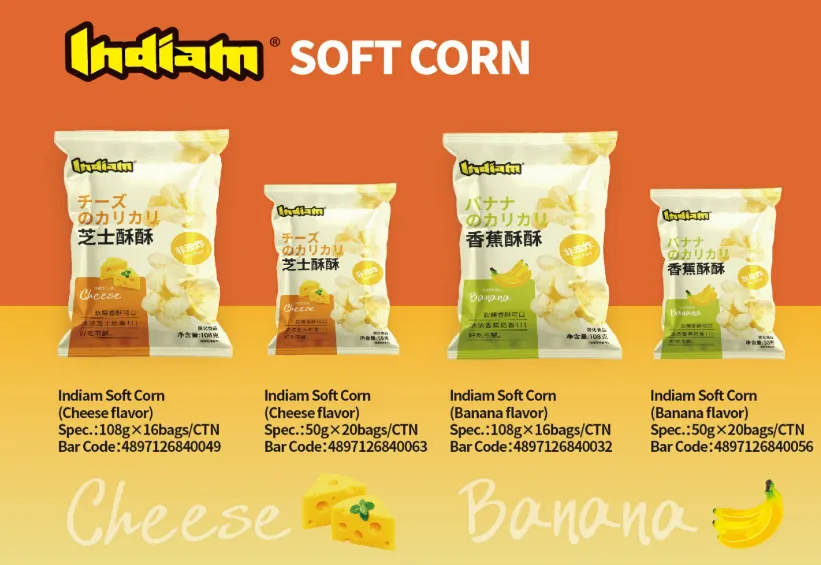Discover a Good Healthy Late Night Snack for Better Sleep & Wellness
The Allure of a Good Healthy Late Night Snack: Why It Matters Worldwide
When the clock strikes late and hunger sneaks up, many grapple with the choice: indulge in something quick but unhealthy or hold out until morning. Globally, the quest for a good healthy late night snack is more than just about personal well-being—it echoes growing concerns over nutrition, lifestyle diseases, and sustainable eating habits. Understanding what truly makes a healthy night-time nibble beneficial can transform how we snack, improve sleep patterns, and ultimately enhance quality of life. Plus, for populations coping with limited food options or irregular meal times (think healthcare workers or night-shift laborers), this topic hits even closer to home.
Global Need and Context: Why a Healthy Late Night Snack Gains Prominence
According to the World Health Organization, poor dietary choices contribute to an estimated 11 million deaths each year worldwide. Night-time cravings often lead to high-calorie, low-nutrient consumption, exacerbating health issues like obesity and diabetes.
Moreover, urbanization and increasingly irregular work schedules have shifted traditional meal patterns. In the US alone, nearly 43% of adults report eating after 8 PM regularly, often turning to convenience snacks loaded with sugars and saturated fats. The challenge then: how do you craft or pick snacks that satisfy hunger late at night without undoing the day's health gains? This dilemma is global and growing, especially in settings where mindless snacking is the norm.
What Exactly Is a Good Healthy Late Night Snack?
At its simplest, a good healthy late night snack is a light, nutrient-rich food consumed in the late evening hours that supports better sleep and doesn’t spike blood sugar or digestion stress. Balancing macronutrients—often proteins, complex carbs, and healthy fats—and avoiding stimulants or excess salt defines this snack. For companies producing packaged options, this means clean ingredients, moderate calories, and ideally something tasty but not too heavy.
In humanitarian and industrial contexts, these snacks might also serve as vital nutrition sources for shift workers or emergency responders who can't rely on normal meals. Hence, they become part of a broader ecosystem of healthy, accessible nutrition solutions.
Core Components of a Good Healthy Late Night Snack
1. Balanced Nutrition
Good late night snacks aren’t just empty calories. A thoughtful mix of fibers, proteins, and slow-digesting carbohydrates is key. Take a handful of almonds or a small bowl of Greek yogurt with chia seeds, and you’re roughly in the right zone.
2. Low Glycemic Index
Snacks that don't cause rapid blood sugar spikes prevent insulin crashes overnight, which often cause those unwelcome hunger pangs. Foods like oatmeal or a turkey sandwich on wholegrain bread usually fit well.
3. Portion Size Matters
Too much food late at night can disrupt sleep, so keeping portions small keeps calories in check while being enough to stave off hunger.
4. Minimal Additives and Sugars
Many processed snacks add artificial sweeteners, preservatives, or excess salt—which can interfere with natural body rhythms and hydration levels during sleep.
5. Accessibility & Convenience
Arguably just as important, snacks must be easy to prepare or grab in busy or unpredictable schedules. Packaging that maintains freshness without waste helps, especially for on-the-go workers.
Global Applications and Real-World Examples
Industries from healthcare to manufacturing have recognized late night snacking as a serious part of worker health and productivity. For instance:
- Hospitals: Nurses on 12-hour night shifts benefit from snacks like almond butter on toast, helping maintain energy and focus.
- Emergency Response Teams: Meals packed with protein bars rich in nuts and seeds provide quick recovery energy during late operations.
- Urban Night Workers: Street vendors in cities across Asia and Latin America depend on portable snacks like roasted chickpeas or fruits to avoid unhealthy street food alternatives.
- Remote Mining or Oil Sites: Rations designed as healthy late night options help workers avoid fatigue and maintain cognitive sharpness.
Overall, it’s about blending nutrition with practicality within diverse human schedules.
Mini Takeaway:
Whether it’s a restless healthcare worker or a midnight writer, a good healthy late night snack combines balanced nutrients, ease, and portion control to boost both wellness and performance.
Advantages: Why Choosing the Right Night Snack Pays Off
One obvious benefit is improved sleep quality. Low-glycemic foods prevent energy crashes that interrupt your rest, while balanced protein and fats aid in muscle repair overnight. Sustainable options bolster environmental health, like snacks made from plant-based proteins, reducing carbon footprints.
On a social note, memorable snacking moments often carry a dignity component — not having to settle for junk food can bolster morale and feelings of self-care after a long day or night. And for product makers, innovating here opens doors to an increasingly health-conscious market.
Here’s a quick product specification table illustrating typical healthy late night snack qualities:
| Property | Typical Range | Notes |
|---|---|---|
| Calories per serving | 100–200 kcal | Enough to curb hunger without heaviness |
| Protein | 5–10 g | Supports muscle recovery and satiation |
| Sugar | Low to avoid blood sugar spikes | |
| Fat (mostly unsaturated) | 5–8 g | Healthy fats aid satiety and hormone balance |
| Shelf life | 1–3 months | Depends on packaging, preservatives |
Comparing Leading Healthy Late Night Snack Vendors
| Brand | Focus | Price Range (per pack) | Notable Ingredients | Sustainability |
|---|---|---|---|---|
| NutriNite | Protein-rich bars | $2.50 - $3.50 | Almonds, whey, chia | Recyclable wrappers |
| GreenBite | Plant-based snacks | $3 - $4 | Lentils, quinoa, flaxseed | Compostable packaging |
| SnackWell | Low-carb cheese bites | $2 - $3 | Cheddar, nuts, herbs | Partial use of recycled materials |
Tomorrow’s Tastes: Trends and Innovations in Healthy Late Night Snacking
The market is shifting towards personalized nutrition—think snacks tailored to your DNA or microbiome. Meanwhile, sustainable packaging innovations like edible wrappers and biodegradable liners are gaining steam.
Functional ingredients such as adaptogens (ashwagandha, reishi) and prebiotic fibers are popping up, promising to improve sleep quality and digestion. Then there’s digital convenience—AI-powered snack subscription services recommending your ideal nightly nibble based on habits and goals.
Oddly enough, some companies are also looking into “sleep snacks” that combine mild sedatives (naturally derived) with nutrition. It sounds a little sci-fi, but I noticed this in pilot studies gaining traction across North America and Europe.
Common Challenges and How to Overcome Them
Even with the best intentions, not all healthy snacks hold up in real life. Issues like:
- Preservation: Maintaining freshness without artificial chemicals is tricky.
- Flavor vs. Health: Balancing great taste without resorting to sugar or salt.
- Price Point: Healthy snacks often come at a premium, locking out lower-income users.
- Education: Consumers don’t always understand what “healthy” means late at night.
To navigate this, brands rely on natural preservatives (vacuum seals, modified atmosphere packaging), consumer engagement via transparent labeling, and expanding affordable product lines. In global relief efforts, NGOs sometimes supplement with fortified snacks to address chronic malnutrition at odd eating hours.
Frequently Asked Questions About Good Healthy Late Night Snack
- Q: What are some quick, healthy snack options for late nights?
A: Try plain Greek yogurt with berries, a small handful of nuts, or wholegrain toast with avocado. These combine protein, healthy fats, and fiber without excess sugars. - Q: Is snacking at night bad for weight management?
A: It depends on what and how much you eat. Controlled portions of nutrient-dense snacks can curb hunger without excess calories, supporting weight goals. - Q: Can a late night snack improve sleep quality?
A: Yes, snacks containing tryptophan (like turkey or nuts) and magnesium (nuts, leafy greens) can promote better rest when eaten moderately before bed. - Q: How can I incorporate healthy late night snacks in a busy lifestyle?
A: Meal prepping snack packs or choosing portable, no-prep options like nut mixes or protein bars can help maintain healthy habits despite hectic schedules.
Wrapping It Up: The Sweet Spot for Your Nighttime Munchies
Choosing a good healthy late night snack isn’t just a diet fad—it’s a meaningful step toward better health, sustainable eating, and a calmer mind at the day’s end. Whether you’re a night-shift nurse, a city dweller craving a midnight nibble, or part of a relief team, these thoughtfully crafted snacks provide energy, support well-being, and sometimes, even a bit of joy.
So next time hunger strikes at 11 PM, think about what goes in your body—as much about nourishment as comfort. For more tasty ideas and products, visit our website: good healthy late night snack.
Mini Takeaway:
A balanced late night snack is a tiny yet powerful tool for lasting health — one that’s increasingly recognized around the world.
References:
1. WHO Healthy Diet Fact Sheet
2. Journal on Night Eating and Metabolic Health
3. ISO Food Safety Standards
Post time: Nov . 20, 2025 13:00





